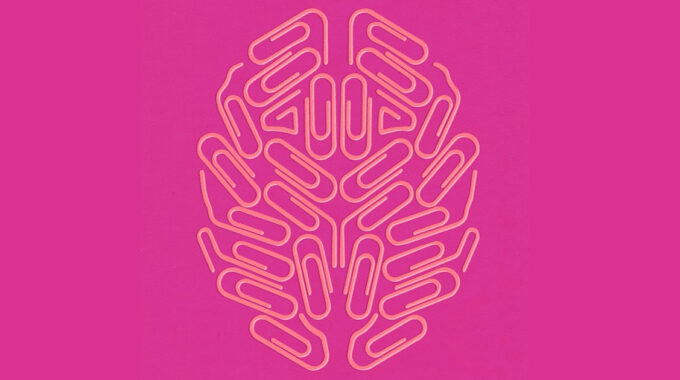
Redesigning Algorithms to Perform While Recognizing Human Gaming
There are several aspects that impact someone’s decision, particularly the most essential ones. However, one aspect that has the most influence on the selection is human intellect. Human gaming is the strategic thinking that occurs in someone’s head when making a choice. However, because algorithms are not built to work emotionally, this is one of the only characteristics that they lack. What changes could occur if algorithms are adjusted to perform while taking human gaming into account? This Chicago Booth Review article delves into the topic and its implications.
Recognizing human gaming
The article opens by claiming that human gaming is a problem for freelance marketplaces, cloud computing, and a variety of other applications. The majority of these platforms and applications include allocation and pricing algorithms that are used to determine outcomes for users and charge them money. Regardless of how effective the options presented by these algorithms are, people have a tendency to mess up these systems, resulting in less-than-optimal consequences for themselves and others, according to the article. Shaddin Dughmi of the University of Southern California, Jason Hartline of Northwestern, Robert D. Kleinberg of Cornell, and Rad Niazadeh of Chicago Booth have built a tool that might assist solve the dilemma by enhancing the working of several of these algorithms. According to Niazadeh, the fundamental issue was the extremely long time it took an algorithm to identify the socially ideal conclusion for one of these applications. Niazadeh claims that because of this computational deficiency, theorists and practitioners have invented a number of ‘rapid’ allocation algorithms that may not always produce the best results but are enough for the application. Researchers devised a black-box reduction approach that effectively addresses the issue. According to the article, the solution should address human gaming while still being as excellent as what the original allocation algorithm would have generated (it assumes that individuals were honest while dealing with it). According to the researchers, doing so might enable a new class of algorithms to create superior answers to a variety of challenges. Furthermore, the findings of the researchers show that as theoretical research advances, algorithms may be able to better address difficulties such as matching kidneys with transplant recipients or new medical residents with institutions.
As technology advances, greater attempts should be made to shape its behavior to reflect the usual habits of humans. The research findings for one such endeavor to construct algorithms that focus on tackling human gaming as one of the elements influencing its results are outlined in an article on the Chicago Booth Review website.
The behavior of companies and leaders plays a huge role in the overall development of the business world. Learn deeper and more effective leadership insights with the Chicago Booth Accelerated Development Program (Chicago Booth ADP) offered by the University of Chicago Booth School of Business.


















